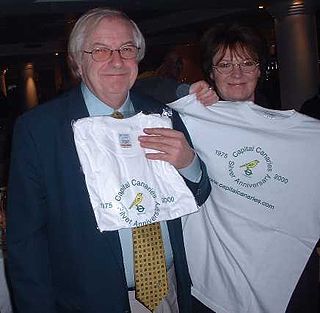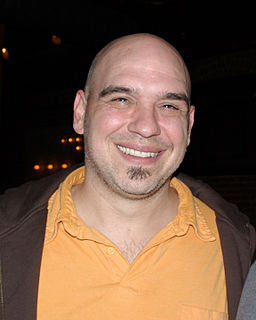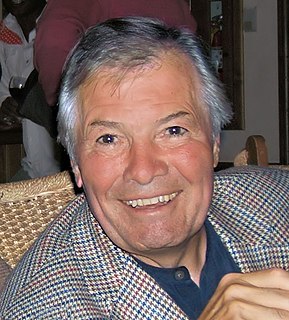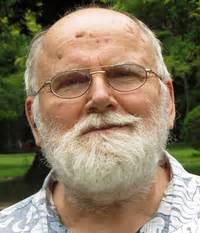A Quote by Alex Guarnaschelli
I love 'The Gourmet Cooking School Cookbook' by Dione Lucas. A huge source of information and inspiration. The book is organized by menu, and the recipes are unusual and exciting.
Related Quotes
Taking dishes straight off the restaurant's menu and putting them into a cookbook doesn't work, because as a chef you have your own vision of what your food is, but you can't always explain it. Or you can't pick recipes that best illustrate who and where you are and what you're doing. And if the recipes don't work, you don't have a book.
Just about every children's book in my local bookstore has an animal for its hero. But then, only a few feet away in the cookbook section, just about every cookbook includes recipes for cooking animals. Is there a more illuminating illustration of our paradoxical relationship with the nonhuman world?
If he desired to know about automobiles, he would, without question, study diligently about automobiles. If his wife desired to be a gourmet cook, she'd certainly study the art of cooking, perhaps even attending a cooking class. Yet, it never seems as obvious to him that if he wants to live in love, he must spend at least as much time as the auto mechanic or the gourmet in studying love.
When I walk into a market I may see a different cut of meat or an unusual vegetable and think, ‘I wonder how it would be if I took the recipe for that sauce I had in Provence and put the two together?’ So I go home and try it out. Sometimes my idea is a success and sometimes it is a flop, but that is how recipes are born. There really are not recipes, only millions of variations sparked by someone’s imagination and desire to be a little creative and different. American cooking is built, after all, on variations of old recipes from around the world.
Americans, more than any other culture on earth, are cookbook cooks; we learn to make our meals not from any oral tradition, but from a text. The just-wed cook brings to the new household no carefully copied collection of the family's cherished recipes, but a spanking new edition of 'Fannie Farmer' or 'The Joy of Cooking'.
The cookbook gives a detailed description of ingredients and procedures but no proofs for its prescriptions or reasons for its recipes; the proof of the pudding is in the eating. ... Mathematics cannot be tested in exactly the same manner as a pudding; if all sorts of reasoning are debarred, a course of calculus may easily become an incoherent inventory of indigestible information.





































